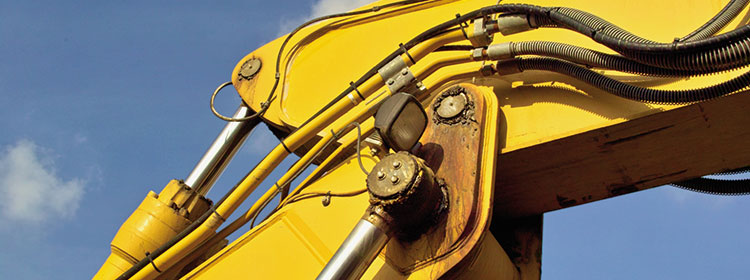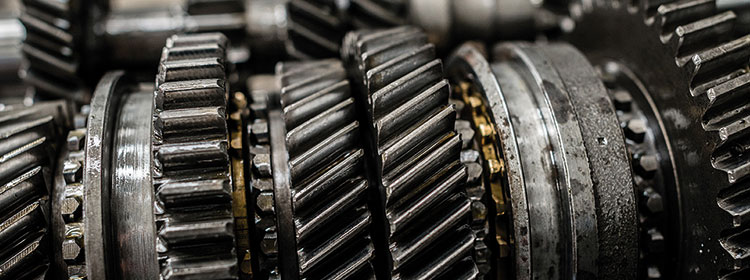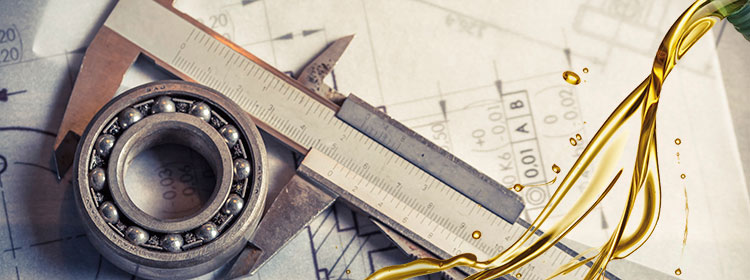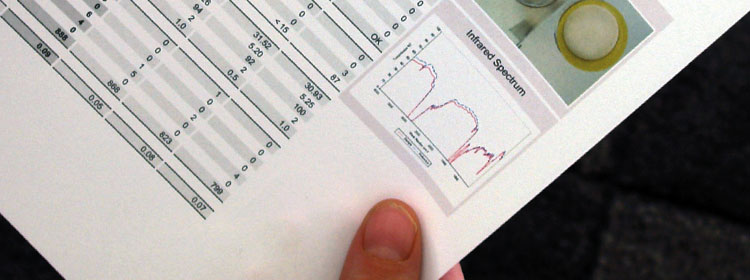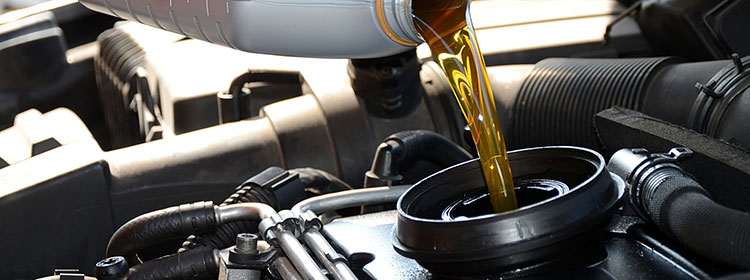Efficient lubrication and precise oil monitoring for maximum plant availability
Hydraulic fluids perform a wide range of tasks in your systems: they transmit forces, lubricate moving parts, cool, protect against corrosion, dampen vibrations and transport contaminants away. In doing so, they are increasingly faced with challenges such as higher pressures and rising operating temperatures.
In our seminar, you will acquire the necessary expertise to ensure the long-term economical and reliable operation of your hydraulic systems. We provide practical guidance on how to select the optimal hydraulic fluid, reduce costs through improved filtration and oil maintenance, and extend oil change intervals. You will also learn how to identify wear and malfunctions at an early stage, analyse the causes of damage and utilise the advantages of oil analysis for proactive maintenance. We use warning values to show you how to reliably assess the condition of oil and machinery.

- Optimal hydraulic fluid selection for economical operation
- Extension of oil change intervals
- Cost reduction through better filtration and oil care
- Early detection of wear and malfunctions
- Analysis of causes of damage after failures
- Taking meaningful oil samples
- Oil analyses in proactive maintenance
- Interpretation of lab reports
- Warning values for assessing machine damage and oil condition

- Skilled employees and executives working in the field of maintenance
- Engineers, foremen, fitters and service technicians from component and system manufacturers and their service partners
- Distribution engineers and sales staff of lubricant producers and their resellers
- Technical purchasers for lubricants and operating fluids
- Application engineers working in mobile labs as well as for on-site condition monitoring and fluid management
- Appraisors and surveyors for damage analysis and machine malfunction
- Technically interested employees who want to extend their knowledge in the areas lubrication techniques and tribology

